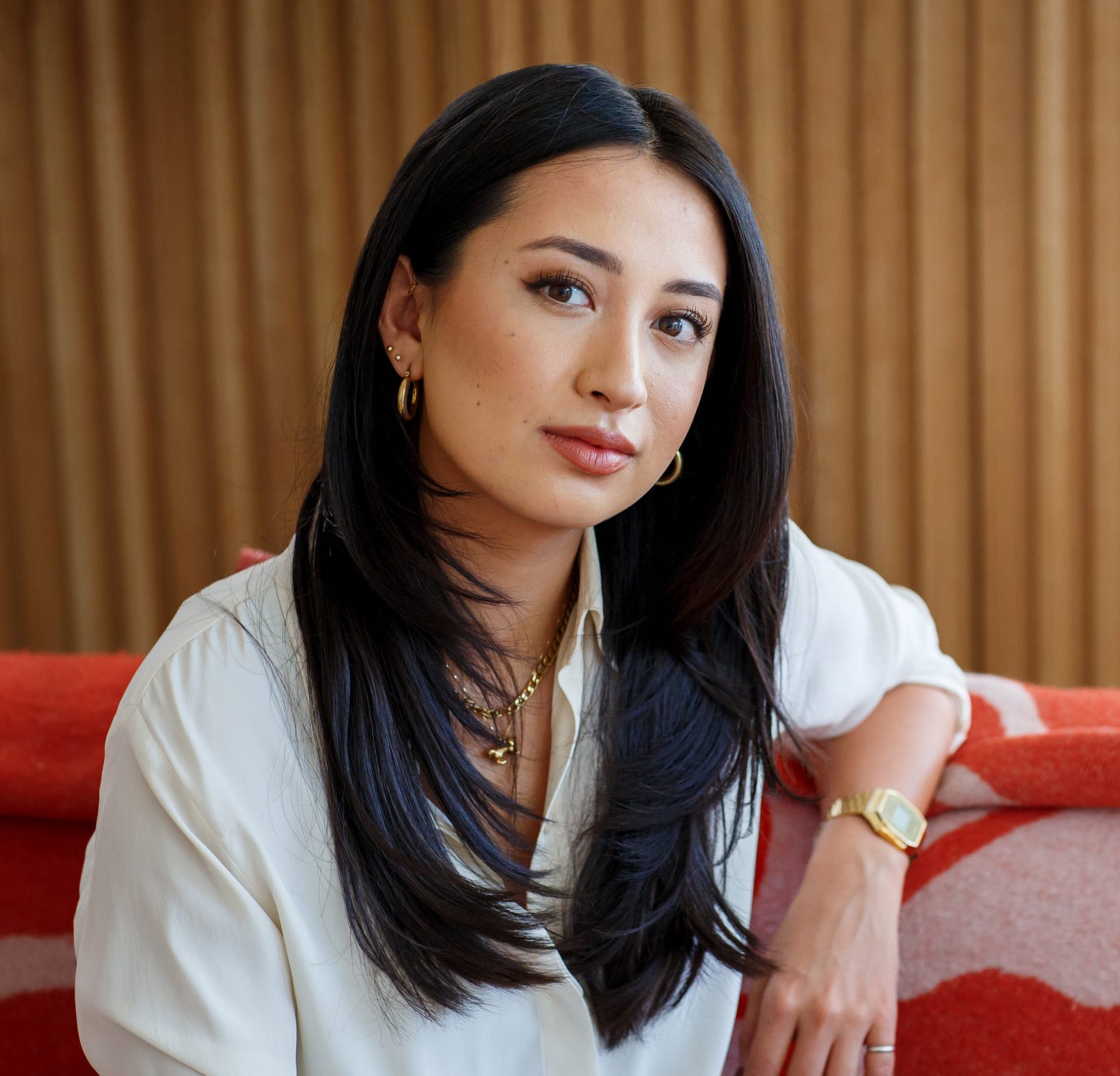Ela Lee: “Being mixed-race is the beating heart of my identity”
The author on Korean racial politics, emotional authenticity and asserting her Britishness
Hi, welcome back to Mixed Messages! This week I’m speaking to author Ela Lee, who is of mixed Turkish and Korean heritage. Ela is the author of Jaded, a phenomenal debut about a young lawyer, dutiful daughter, beloved girlfriend and loyal friend. But after a terrible incident one night, Jade wonders if she’s really the person she wanted to become, alway…


